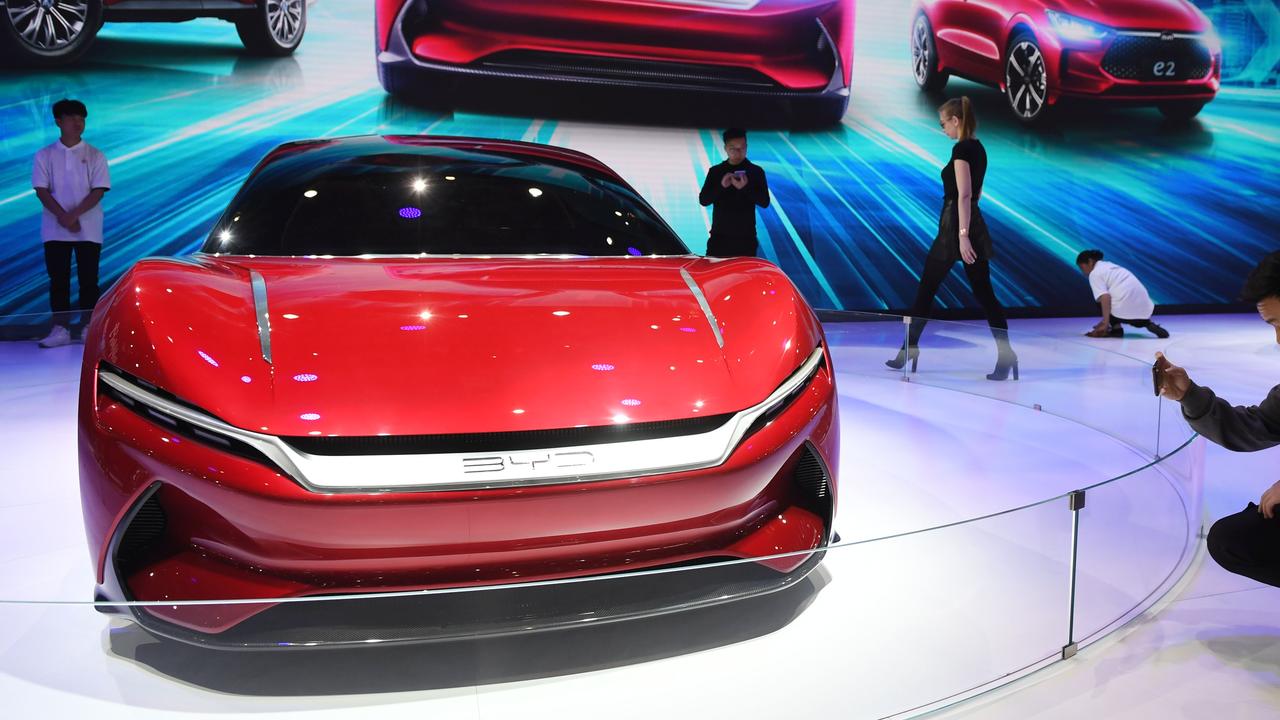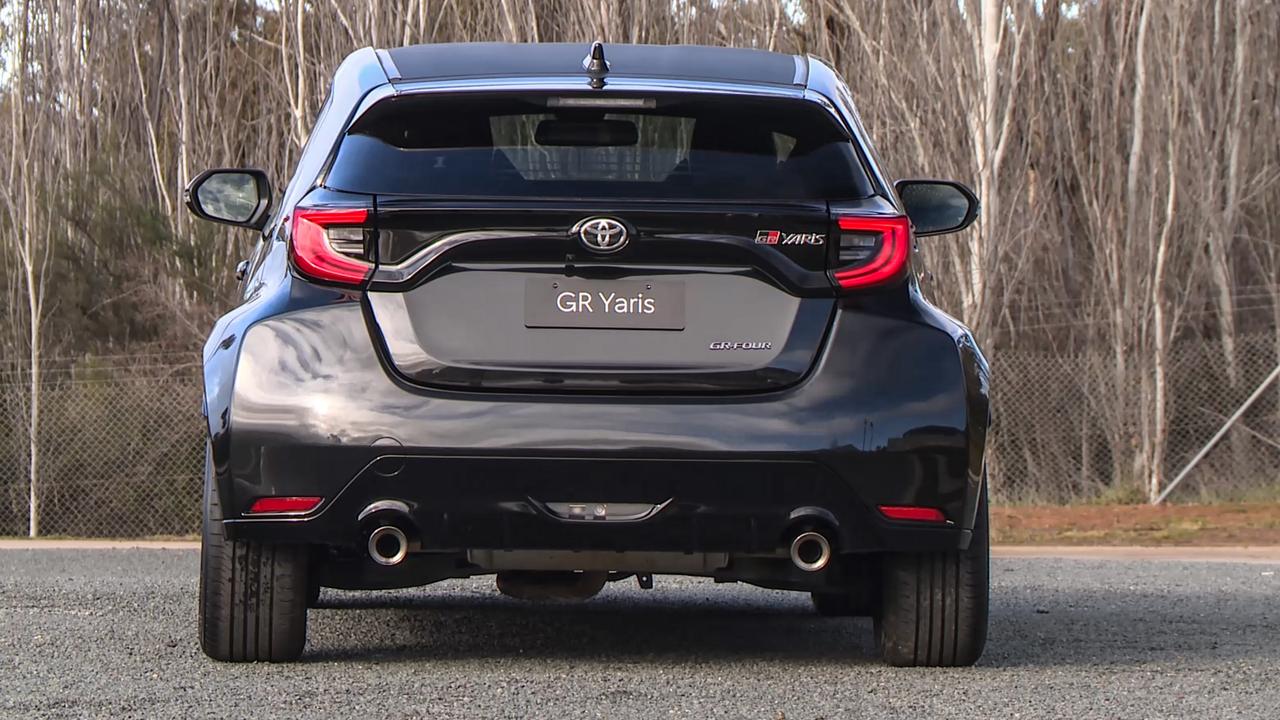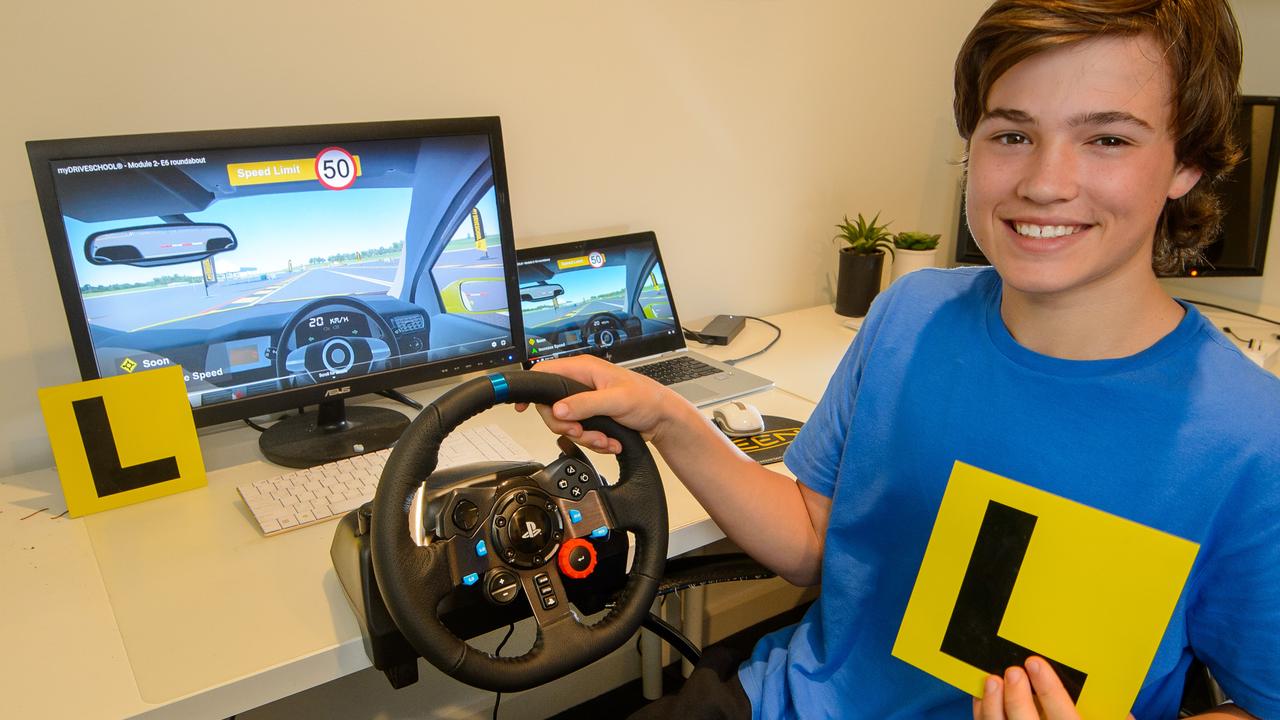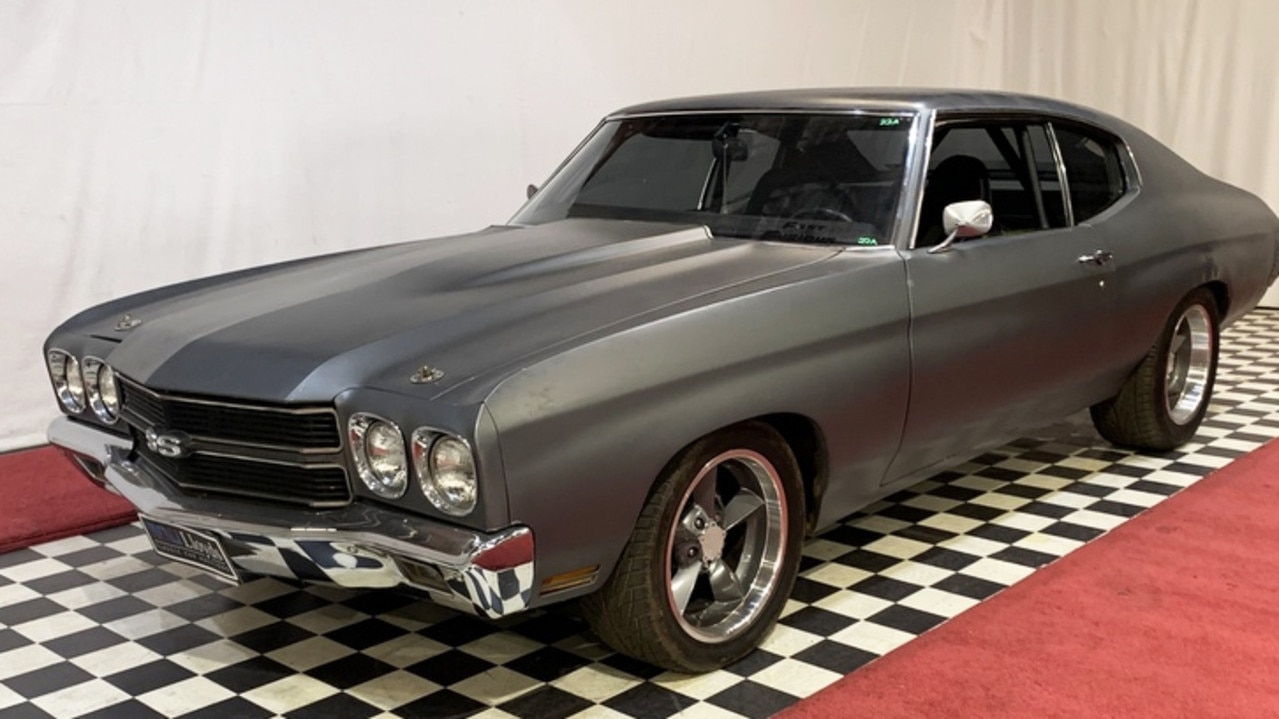Surprising new car sales trend shows the big players are falling behind
The rise of new technology has meant the world’s biggest car makers are falling behind new smaller, more nimble rivals in one key area.
Sales of electric vehicles are being dominated by some of the world’s youngest car makers, most from China, according to fresh sales figures for the first seven months of 2019.
Figures collated by blog website EV-Sales show the top three selling manufacturers of electric vehicles are from brands that have only been producing cars for 30 years or less — Tesla, BYD and BAIC.

Their combined age is less than that of dominant big-name players such as Toyota and Volkswagen, something that highlights the shift in loyalties between petrol- and diesel-powered vehicles and the new breed of electric machines.
The EV sales leader, Tesla, is an American brand that only produced its first car in 2008. Tesla’s 183,290 sales blitzed that of the next best American brand, Chevrolet, with just 19,399.
Of the reported 1,262,368 electric or plug-in hybrid electric vehicles reported as sold in the first seven months of the year, almost half (505,212) came from Chinese brands that most Australians never would have heard of. They include BYD, BAIC, SAIC, Geely, JAC, Chery, Great Wall, Changan and Dongfeng.

By comparison, Toyota and Volkswagen — the world’s two biggest car makers — between them sold just 75,784 rechargeable vehicles in the first seven months of the year.
Much of the demand is being driven by China, not only the world’s largest car market but by far the world’s biggest purchaser of EVs, largely due to incentives. In some months 5 per cent of Chinese vehicle sales are for EVs, whereas Australia’s tally hovers around 0.2 per cent.
The Tesla Model 3 that just went on sale in Australia priced from about $70,000 is the world’s most popular electric car, accounting for more than 10 per cent of sales.
It’s then two Chinese models from BAIC and BYD taking second and third spots.
Of the established global car makers BMW is leading the electric charge, although its 65,888 EV sales are only 5.3 per cent of the brand’s overall sales.

Nissan — which markets its Leaf small car as the world’s best-selling electric vehicle, based on historical sales — is next best and the top selling Japanese maker of EVs, with 54,916 year-to-date sales.
Despite the chasm between old and new players, the traditional brands are gearing up for an electric model offensive. The upcoming Frankfurt motor show is expected to centre on electric tech, with Volkswagen set to showcase some of its crucial all-electric ID models, including a Golf-sized hatchback expected to be priced from about $50,000.



